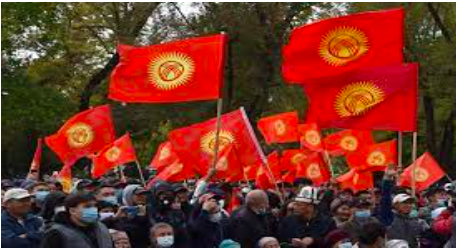Denuclearization
Posted on : July 15, 2019Author : AGA Admin

Denuclearization or Nuclear disarmament is the act of reducing or eliminating nuclear weapons. It also signifies the state of a nuclear-weapons-free world, in which nuclear weapons are completely eliminated.Nuclear disarmament groups include the Campaign for Nuclear Disarmament, Peace Action, Greenpeace, Soka Gakkai International, International Physicians for the Prevention of Nuclear War, Mayors for Peace, Global Zero, the International Campaign to Abolish Nuclear Weapons, and the Nuclear Age Peace Foundation. Proponents of nuclear disarmament argue that denuclearization would lessen the probability of nuclear war occurring, especially accidentally. Critics of nuclear disarmament say that it would undermine deterrence.Post Hiroshima, peace movements emerged in Japan and in 1954 they converged to form a unified “Japanese Council against Atomic and Hydrogen Bombs”. Japanese opposition to the Pacific nuclear weapons tests was widespread, and “an estimated 35 million signatures were collected on petitions calling for bans on nuclear weapons. On November 1, 1961, at the height of the Cold War, about 50,000 women brought together by ‘Women Strike for Peace’marched in 60 cities in the United States to demonstrate against nuclear weapons. It was the largest national women’s peace protest of the 20th century. In 1958, Linus Pauling and his wife presented the United Nations with the petition signed by more than 11,000 scientists calling for an end to nuclear-weapon testing. In 2017, the ‘International Campaign to Abolish Nuclear Weapons’ was awarded the Nobel Peace Prize “for its work to draw attention to the catastrophic humanitarian consequences of any use of nuclear weapons and for its ground-breaking efforts to achieve a treaty-based prohibition of such weapons”.




